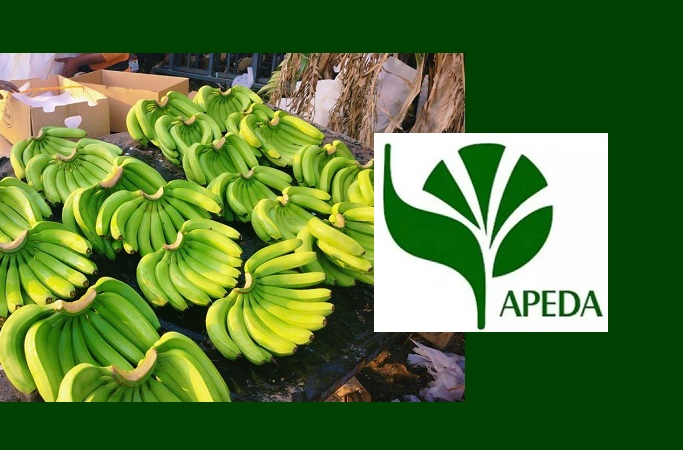A recent controversy has erupted over the use of animal fat in the ghee used to make Tirupati laddoos, a key offering at the Sri Venkateswara temple. Former Andhra Pradesh Chief Minister Chandrababu Naidu, referencing a lab report, has accused the current YSR Congress Party (YSRCP) government of sourcing ghee containing fish oil and beef tallow. This allegation has drawn attention to the discontinuation of Nandini ghee, a well-known brand, which had been used for the laddoos until last year.
 The temple management, Tirumala Tirupati Devasthanams (TTD), stopped sourcing Nandini ghee from the Karnataka Milk Federation (KMF) due to a pricing dispute. This change occurred after KMF opted out of the tendering process following a price hike in milk, leading to the contract being awarded to a lower bidder. KMF President K Bheema Naik expressed concerns over the replacement, arguing that cheaper ghee brands might compromise the quality of the laddoos.
The temple management, Tirumala Tirupati Devasthanams (TTD), stopped sourcing Nandini ghee from the Karnataka Milk Federation (KMF) due to a pricing dispute. This change occurred after KMF opted out of the tendering process following a price hike in milk, leading to the contract being awarded to a lower bidder. KMF President K Bheema Naik expressed concerns over the replacement, arguing that cheaper ghee brands might compromise the quality of the laddoos.
The controversy sparked a political debate, with the BJP accusing the Congress-led Karnataka government of influencing the temple’s procurement decisions, further escalating the dispute. Naidu’s recent push for quality improvements has led to the resumption of Nandini ghee supply to the temple as of August 2024, following his party’s return to power in Andhra Pradesh.
With around 3.5 lakh laddoos produced daily, the TTD purchases 5 lakh kg of ghee annually. In response to the recent allegations, a committee has been formed to review and ensure the quality of ghee used in the prasadam, aiming to address concerns surrounding the laddoo’s authenticity and taste.
This development not only highlights the deep cultural significance of the Tirupati laddoos but also underlines the importance of maintaining quality standards for religious offerings amidst political and economic challenges.




